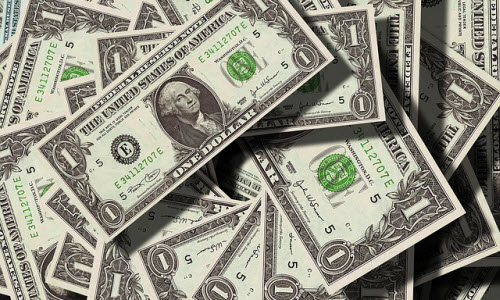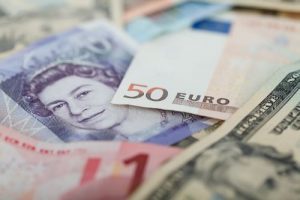This is a brief story of money, social media, and an unexpected assignment.
There was a discussion on Twitter that I found fascinating. A former banker claimed that banks effectively print money. Not what I had remembered growing up.
I asked, got a quick explanation, and turned that into an assignment for NBC News. There are three major lessons. One, never be sure you understand business the way you think you do. Two, always be ready to research something if, for no other reason, than to expand your knowledge. And third, remember that you can turn almost anything into a story.
The real meaning of money
Currency and money are different. All currency is money, but not all money is currency.
Money is really a token people trust and use to facilitate transactions. Because we got off the gold standard — so-called hard money because there is something tangible that backs it up (but that never solved all the problems of currency) — most of our money is digital, figures in electronic ledgers.
People deposit their money in banks, but the banks don’t keep the bills in the back. They keep a small portion, like 10 percent, on deposit with the Federal Reserve and lend the rest out. Companies and people take the loaned money and pay for things. The money received by the sellers gets deposited at other banks that, in turn, lend out most of what they received.
Every time this happens, banks effectively put into circulation more money even though they don’t have the currency on hand (although they can always borrow some from other banks or the Fed). So long as everyone honors payments and can get access to their money, and everyone doing business at a bank doesn’t want all of it at the same time, thing the whole system works.
Making money from writing about it
This was a case of paying attention to what interests you during your day. I combined this with a news peg about Donald Trump criticizing his appointed Fed chairman over raising interest rates and added a point from the Bob Woodward book claiming that Trump early on asked about printing money to pay off the national debt.
Although I might not have been able to see a piece on the theory of money without the context, I was able to turn the whole thing into a story. That also made room for a bit on monetary policy, quoting multiple economists and experts in banking.
It also gives me more context and background for future stories about the economy, money supply, and how it might affect businesses.









